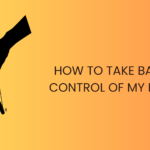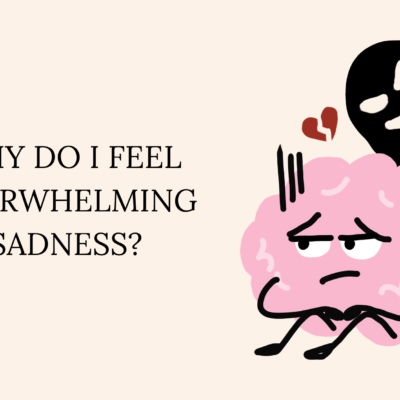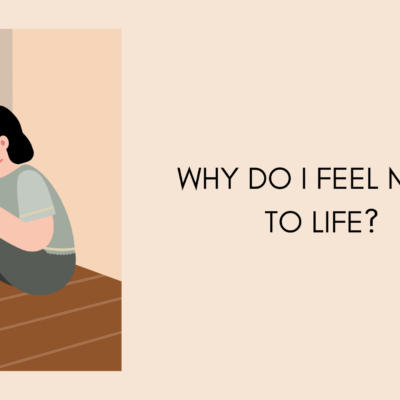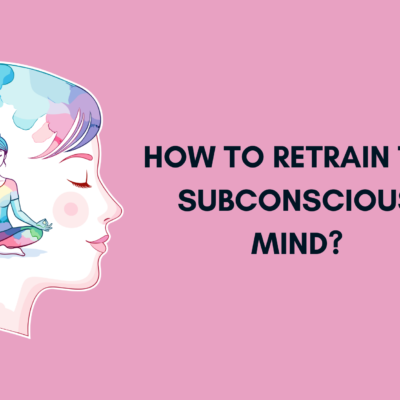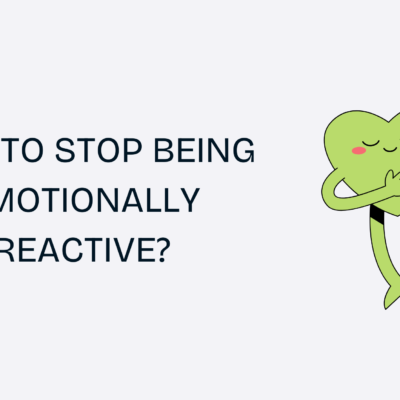Signs of Emotional Burnout: We all get tired. We all have hard days. But there’s a difference between being temporarily exhausted and being emotionally burned out. When burnout sets in, it’s not just about needing a nap or a break—it’s about feeling like the light inside you has dimmed. It becomes hard to care, to feel, or even to hope.
Emotional burnout doesn’t happen overnight. It builds slowly, day by day, like a quiet storm brewing beneath the surface. And unless we pause to recognize the signs, we often keep pushing—until our minds, bodies, and hearts simply can’t take any more.
In this article, we’ll explore the key signs of emotional burnout, what causes it, and why awareness is essential for healing.
Also Read:
What Is Emotional Burnout?
Emotional burnout is a state of chronic emotional exhaustion—where you feel drained, detached, overwhelmed, and numb. It often arises when you’re constantly giving your energy, empathy, or attention to others or your responsibilities, without receiving enough in return.
While burnout is commonly discussed in the context of work, emotional burnout can happen in any area of life:
- Relationships (especially caregiving or toxic ones)
- Parenting
- Academic life
- Friendships
- Life responsibilities and trauma
- Chronic stress or illness
Wherever it originates, the result is the same: you start to feel disconnected from yourself, from others, and from life.
Why Is It Important to Recognize the Signs?
Because burnout rarely announces itself loudly. It creeps in subtly. You may just feel “off” at first—irritable, unmotivated, or emotionally flat. But if you ignore these signs, burnout can escalate into serious mental and physical health issues like depression, anxiety, and chronic fatigue.
Recognizing the early signs of emotional burnout gives you the power to pause, reset, and heal before you collapse under the weight of it.
1. Chronic Emotional Exhaustion
This is the core sign of emotional burnout. It’s not just about feeling tired after a long day—it’s a deep, persistent exhaustion that doesn’t go away with rest.
You might feel:
- Like you wake up tired, even after 8 hours of sleep
- Emotionally “empty” or like you have nothing left to give
- Drained by even small interactions or tasks
- Overwhelmed by things that used to be manageable
You’re not lazy. You’re exhausted from carrying emotional burdens too heavy for too long.
2. Feeling Numb or Disconnected
Do you feel like you’re going through the motions of life without feeling anything? That’s emotional numbness, and it’s a hallmark of burnout.
You may notice:
- Indifference to things you once loved
- Lack of emotional reaction (even to sad or joyful events)
- Feeling like you’re on autopilot
- Difficulty connecting with others emotionally
It’s your brain’s way of protecting you from further overwhelm—by shutting down your emotional circuits. But over time, this detachment creates loneliness and confusion.
3. Irritability and Mood Swings
Burnout doesn’t always show up as sadness. Sometimes it looks like irritability, restlessness, or even rage.
You may:
- Snap at loved ones over minor things
- Feel constantly on edge
- Become impatient or short-tempered
- Swing from anger to apathy quickly
These mood changes are often signs that your emotional tank is empty and your nervous system is stuck in fight-or-flight mode.
4. Decreased Motivation and Productivity
Another red flag of emotional burnout is a sudden or gradual decline in your ability to focus, complete tasks, or stay motivated.
You might notice:
- Struggling to start or finish simple tasks
- Procrastinating even things you used to enjoy
- Missing deadlines, appointments, or responsibilities
- Feeling like nothing really matters
This lack of motivation is not about willpower—it’s your mind’s way of saying: “I need a break.”
5. Feeling Overwhelmed by Everything
Burnout often turns molehills into mountains. Even small decisions can feel paralyzing.
You might:
- Freeze when faced with simple choices
- Avoid emails, texts, or conversations
- Get easily overwhelmed in social situations or busy environments
- Feel like every task requires enormous effort
This happens when your mental bandwidth is already maxed out, and your brain can’t process more stimulation or pressure.
6. Increased Cynicism or Negative Thinking
When burnout sets in, it often alters how we see the world—and not in a good way.
You may:
- Lose hope in yourself, others, or the future
- Feel jaded or negative about things that once inspired you
- Start believing that nothing will ever change
- Notice your inner voice becoming more critical or defeated
Cynicism is a defense mechanism. When you’re emotionally burned out, it may feel safer to expect the worst than to risk disappointment.
7. Trouble Sleeping or Resting
Ironically, while emotional burnout often stems from overexertion, it also interferes with your ability to rest.
You might:
- Struggle to fall or stay asleep
- Wake up in the middle of the night with racing thoughts
- Feel unrested even after a full night’s sleep
- Experience nightmares or restless sleep
Sleep is when your body and mind recover. When stress becomes chronic, your system forgets how to relax.
8. Physical Symptoms
Emotional burnout doesn’t just live in your mind—it impacts your entire body.
Common physical symptoms include:
- Headaches
- Muscle tension or body aches
- Digestive issues (nausea, constipation, bloating)
- Chest tightness or shortness of breath
- Fatigue that doesn’t improve with rest
- Frequent illness due to weakened immunity
When your emotions are overloaded, your body carries the weight. These physical signs are important warnings.
9. Withdrawing From People and Activities
Social withdrawal is a classic symptom of burnout. When you’re emotionally depleted, even talking to people can feel like too much.
You might:
- Cancel plans frequently
- Stop replying to texts or calls
- Avoid social events
- Isolate yourself, even from people you love
This withdrawal often stems from a desire to protect your limited energy—but over time, it can intensify feelings of loneliness.
10. Losing Interest in What Used to Matter
When you no longer feel connected to the things that once gave you joy, purpose, or meaning—it’s a sign your emotional self is in distress.
You might:
- Lose interest in hobbies, creative passions, or spiritual practices
- Stop celebrating milestones or achievements
- Feel disconnected from your goals and dreams
- Ask yourself: “What’s the point?”
This kind of detachment points to deep emotional fatigue, where the soul feels starved for inspiration or connection.
11. Feeling Trapped or Stuck
Burnout often brings a sense of being emotionally “trapped”—like you’re stuck in a loop you can’t escape.
You may think:
- “I can’t do this anymore.”
- “There’s no way out.”
- “I’m stuck and I don’t know how to fix it.”
- “I have no control over my life.”
This hopelessness stems from too much giving and too little receiving. When you’ve been carrying too much for too long, it’s natural to feel stuck.
12. Crying Spells or Inability to Cry
Burnout affects emotional regulation in complex ways. Some people cry often—others can’t cry at all.
You might:
- Burst into tears without warning
- Feel emotionally raw or overly sensitive
- Want to cry but feel completely numb
- Judge yourself for being “too sensitive” or “too cold”
Both emotional hypersensitivity and emotional numbness are valid signs of internal overwhelm.
Final Thoughts: You’re Not Weak—You’re Human
Burnout isn’t something you can push through. It’s not something you fix overnight. And it’s definitely not a sign that you’ve failed. If anything, emotional burnout means you’ve been trying too hard for too long without the support, rest, and compassion you deserve.
If you recognize these signs in yourself:
- Pause. Your healing starts with acknowledgment.
- Rest. Not just sleep—but emotional rest.
- Reach out. Talk to someone. You’re not alone.
- Reconnect. With joy, with meaning, with what makes you feel alive again.
- Rebuild. Slowly, gently, one moment at a time.
Burnout is a signal, not a sentence. It’s your body and heart asking for care—not more demands. So take this as your invitation to stop surviving and start healing.
You are allowed to slow down.
You are allowed to rest.
You are allowed to feel again.


